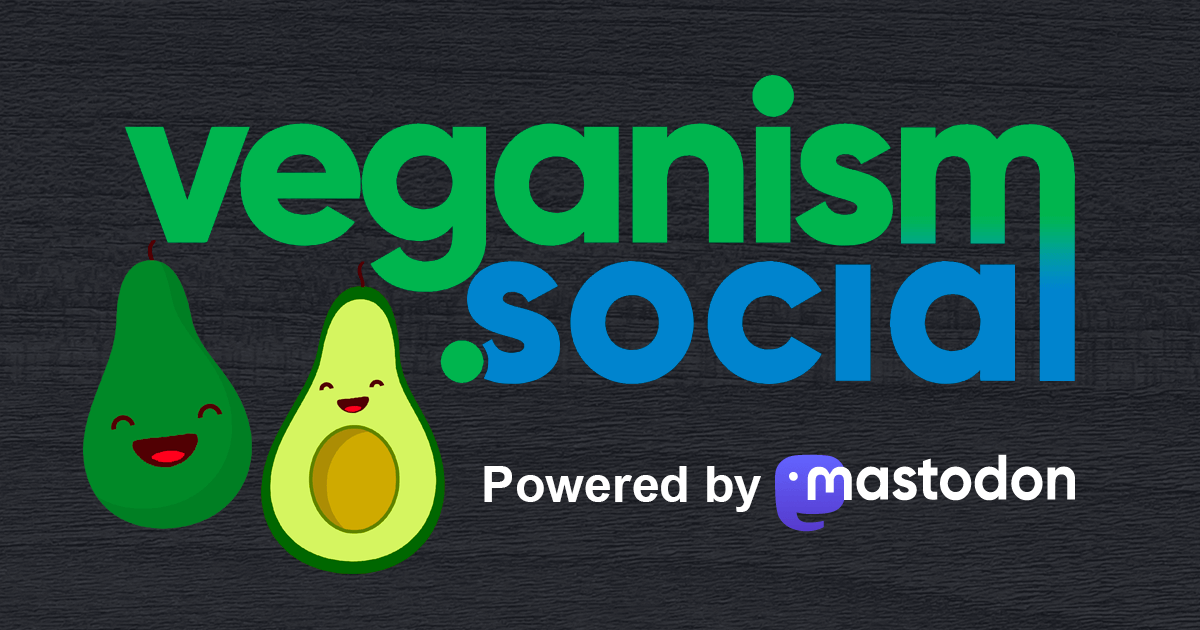Miguel Afonso Caetano<p>"[W]hat we are doing is shepherding AI, limiting it to certain contexts. We are learning where it’s best to call it, how is best to feed it. And what to do with the output. So is it looks very much like an editorial process, an editorial workflow where you provide some initial input, maybe some some idea on what content to produce, then you review it. There’s always that quality assurance, quality control side, the supervision.</p><p>AI is not really autonomous. It relies a lot on us. And I feel like sometimes there are days where, when coding through AIs or doing some assisted writing, I’m spending more time helping out the AI doing the actual task that I’m asking the AI to do. But I take this as a learning process. I read this article the other day, Nobody knows how to build with AI yet. And it was a developer saying that they haven’t quite figured out how to best work with AI. There were lots of comments around the fact that you have to spend lots of time, you have to learn how to talk to it, and when the model changes, you have to also maybe change something you’re doing. You have to learn how to optimize your time. But your presence is always mandatory.”</p><p><a href="https://passo.uno/webinar-ai-tech-writing/" rel="nofollow noopener" translate="no" target="_blank"><span class="invisible">https://</span><span class="ellipsis">passo.uno/webinar-ai-tech-writ</span><span class="invisible">ing/</span></a></p><p><a href="https://tldr.nettime.org/tags/TechnicalWriting" class="mention hashtag" rel="nofollow noopener" target="_blank">#<span>TechnicalWriting</span></a> <a href="https://tldr.nettime.org/tags/AI" class="mention hashtag" rel="nofollow noopener" target="_blank">#<span>AI</span></a> <a href="https://tldr.nettime.org/tags/GenerativeAI" class="mention hashtag" rel="nofollow noopener" target="_blank">#<span>GenerativeAI</span></a> <a href="https://tldr.nettime.org/tags/LLMs" class="mention hashtag" rel="nofollow noopener" target="_blank">#<span>LLMs</span></a> <a href="https://tldr.nettime.org/tags/Chatbots" class="mention hashtag" rel="nofollow noopener" target="_blank">#<span>Chatbots</span></a> <a href="https://tldr.nettime.org/tags/PromptEngineering" class="mention hashtag" rel="nofollow noopener" target="_blank">#<span>PromptEngineering</span></a> <a href="https://tldr.nettime.org/tags/SoftwareDocumentation" class="mention hashtag" rel="nofollow noopener" target="_blank">#<span>SoftwareDocumentation</span></a> <a href="https://tldr.nettime.org/tags/SoftwareDevelopment" class="mention hashtag" rel="nofollow noopener" target="_blank">#<span>SoftwareDevelopment</span></a> <a href="https://tldr.nettime.org/tags/TechnicalCommunication" class="mention hashtag" rel="nofollow noopener" target="_blank">#<span>TechnicalCommunication</span></a></p>
veganism.social is one of the many independent Mastodon servers you can use to participate in the fediverse.

Veganism Social is a welcoming space on the internet for vegans to connect and engage with the broader decentralized social media community.
Administered by:
Server stats:
293active users
veganism.social: About · Status · Profiles directory · Privacy policy
Mastodon: About · Get the app · Keyboard shortcuts · View source code · v4.4.0-alpha.5
#softwaredocumentation
1 post · 1 participant · 1 post today
Miguel Afonso Caetano<p>"What are docs for AI agents? How are they different than internal eng docs? Do we really have to maintain the agent docs and eng docs as separate docs sets? This page contains my notes on these questions.</p><p>Scope:</p><p>I work on developer docs i.e. docs for software engineers. I don’t know how relevant AI agents are for technical writers in other industries or domains.</p><p>I’m thinking specifically about docs for AI agents. I’m not sure that an all-encompassing “docs for AI best practices” exists. The way that we optimize docs for RAG-based chatbots (for example) is probably different than the way we optimize docs for AI agents."</p><p><a href="https://technicalwriting.dev/ai/agents/" rel="nofollow noopener" translate="no" target="_blank"><span class="invisible">https://</span><span class="ellipsis">technicalwriting.dev/ai/agents</span><span class="invisible">/</span></a></p><p><a href="https://tldr.nettime.org/tags/TechnicalWriting" class="mention hashtag" rel="nofollow noopener" target="_blank">#<span>TechnicalWriting</span></a> <a href="https://tldr.nettime.org/tags/TechnicalCommunication" class="mention hashtag" rel="nofollow noopener" target="_blank">#<span>TechnicalCommunication</span></a> <a href="https://tldr.nettime.org/tags/SoftwareDocumentation" class="mention hashtag" rel="nofollow noopener" target="_blank">#<span>SoftwareDocumentation</span></a> <a href="https://tldr.nettime.org/tags/AI" class="mention hashtag" rel="nofollow noopener" target="_blank">#<span>AI</span></a> <a href="https://tldr.nettime.org/tags/GenerativeAI" class="mention hashtag" rel="nofollow noopener" target="_blank">#<span>GenerativeAI</span></a> <a href="https://tldr.nettime.org/tags/AIAgents" class="mention hashtag" rel="nofollow noopener" target="_blank">#<span>AIAgents</span></a> <a href="https://tldr.nettime.org/tags/DocsForAIAgents" class="mention hashtag" rel="nofollow noopener" target="_blank">#<span>DocsForAIAgents</span></a> <a href="https://tldr.nettime.org/tags/Chatbots" class="mention hashtag" rel="nofollow noopener" target="_blank">#<span>Chatbots</span></a> <a href="https://tldr.nettime.org/tags/DeveloperDocs" class="mention hashtag" rel="nofollow noopener" target="_blank">#<span>DeveloperDocs</span></a> <a href="https://tldr.nettime.org/tags/SoftwareDevelopment" class="mention hashtag" rel="nofollow noopener" target="_blank">#<span>SoftwareDevelopment</span></a></p>
QUnit<p>I'm drafting a diagram to explain how before/after hooks work in unit tests.</p><p>They tend to work the same way across test frameworks, so it's not unique to QUnit. But, new devs will learn this for the first time, so I think it's worth explaining.</p><p>Page:<br><a href="https://qunitjs.com/api/QUnit/module/#hooks" rel="nofollow noopener" translate="no" target="_blank"><span class="invisible">https://</span><span class="ellipsis">qunitjs.com/api/QUnit/module/#</span><span class="invisible">hooks</span></a></p><p>Issue tracker:<br><a href="https://github.com/qunitjs/qunit/issues/1358#issuecomment-2614663327" rel="nofollow noopener" translate="no" target="_blank"><span class="invisible">https://</span><span class="ellipsis">github.com/qunitjs/qunit/issue</span><span class="invisible">s/1358#issuecomment-2614663327</span></a></p><p>What do you think?</p><p><a href="https://fosstodon.org/tags/qunit" class="mention hashtag" rel="nofollow noopener" target="_blank">#<span>qunit</span></a> <a href="https://fosstodon.org/tags/WriteTheDocs" class="mention hashtag" rel="nofollow noopener" target="_blank">#<span>WriteTheDocs</span></a> <a href="https://fosstodon.org/tags/TechnicalWriting" class="mention hashtag" rel="nofollow noopener" target="_blank">#<span>TechnicalWriting</span></a> <a href="https://fosstodon.org/tags/SoftwareDocumentation" class="mention hashtag" rel="nofollow noopener" target="_blank">#<span>SoftwareDocumentation</span></a> <a href="https://fosstodon.org/tags/documentation" class="mention hashtag" rel="nofollow noopener" target="_blank">#<span>documentation</span></a> <a href="https://fosstodon.org/tags/devex" class="mention hashtag" rel="nofollow noopener" target="_blank">#<span>devex</span></a></p>
VegansExploreLive feeds
Mastodon is the best way to keep up with what's happening.
Follow anyone across the fediverse and see it all in chronological order. No algorithms, ads, or clickbait in sight.
Create accountLoginDrag & drop to upload